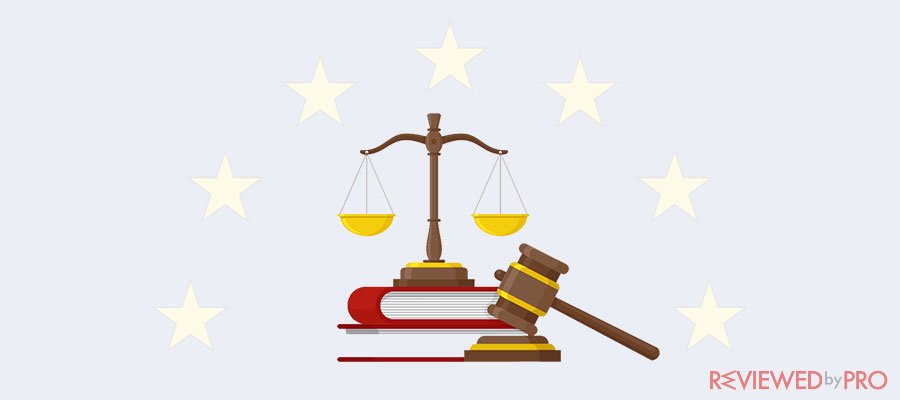
One year ago, the government of the European Union had accepted the directive that might become a pain in the ass for many online platforms and website owners within the next two years. A majority of parliamentarians voted in favor of this amendment to the copyright law for the digital age[1].
The copyright law for the digital age are going to change the EU
This low made the website owners responsible for the content which appears on their websites. In other words saying, if I share a copyrighted meme, image, or any other material on the forum, the forum’s owner might get fined because of it. Moreover, Article 13[2] says, that media outlets can charge the platform owner for using their hyperlinks and other online materials.
Huge fines for sharing copyrighted content, made platform owners start filtering and removing the copyrighted content. It is not a big problem for small websites, while it is simple to check and delete unwanted images or other material. We must say that it had a considerable impact on the bigger social websites where the flow of the content is frequently changing.
How it will affect the owners of the online platforms?
As it was expected, many websites started to build their own automatic filtering systems, to avoid unwanted material. As a fact, those filtering tools were with many bugs and security issues, and due to this, many contents, including memes, caricatures, or images, were lost without a purpose. It started to become more and more difficult to share something online.
As a rule, every country has different copyright laws, and this idea might raise chaos inside those countries. We think that the smaller countries will adopt the new rules and will follow the lead of the bigger EU countries.
Article 11 and 13 should take effect in the late spring of 2021 if all the countries met the new requirements of the law. One year has already passed, and some of the countries have already made massive progress adapting the new directives. Meanwhile, the other ones did not too much implement those changes. However, we are almost sure that next spring, the new law will be accepted in all European Union block, and it will affect all the world.
There’s still some time until member countries start implementing these EU articles, and we see how they’ll impact internet use, but the impact may be felt around the world.
Does the new law will make a chaos in EU?
We think that after the new law will be accepted, some of the websites might start blocking users from the European Union to avoid unwanted problems and issues. The worse scenario could happen that some of the sites might be temporarily closed.
We are not sure what fines may be imposed on website owners for breaking the law, but based on the experience of 2018, when the GDPR[3] law was passed, a significant number of websites simply closed. The fines were too high for some of them, and nobody wanted to risk.
Of course, many websites made some internal changes and stared filtering website traffic according to the geographical locations. The same scenario is possible and after one year. Don’t be surprised if you will connect to your favorite online platform, and you will be missing more than half functions, or the majority of features will be with the limitations.
The word of freedom is going to be more tightened in the EU, but you have a choice
Free speech in the European Union is likely to become much tighter, and many of us will have to adapt greatly to change. Needless to say, there are many countries in the world where free speech is restricted, but most of the citizens of those countries find a way out.
Those users who do not like restrictions can always take advantage of modern technology and change the IP addresses using VPN[4] technology.
If you don’t know what VPN is, we will inform you shortly. It is a service that allows you to make a connection via a remote server. That server might be located in a different country or continent. By using a VPN, you can change your IP to a different one and bypass the EU geo-blocking[5] restrictions.
Furthermore, VPN encrypts your browsing session and makes it bulletproof for the hackers and cybercriminals. According to the experience of the users of other countries, it is the only way that allows them to bypass governmental surveillance and restrictions.
- ^ Council of the EU. EU adjusts copyright rules to the digital age . Council of the European Union.
- ^ From Wikipedia, the free encyclopedia. Article 13. Wikipedia.
- ^ Council of the European Union. General Data Protection Regulation . Interdoft Consulting.
- ^ Tomas Statkus. What is Virtual Private Network?. Reviewedbypro.com.
- ^ From Wikipedia, the free encyclopedia. Geo-blocking. Wikipedia.




